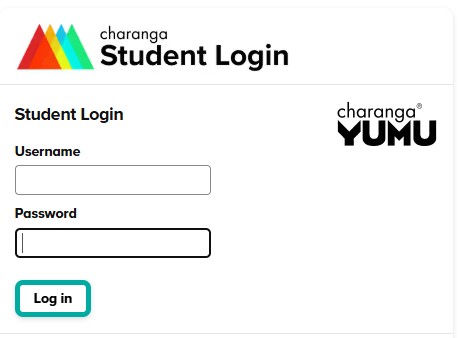Homework and Remote Learning
| Click on links below to access the website | ||
 |
 |
 |
 |
 |
 |
| Remote Learning Provision for Isolation or Lockdown | ||
Your Child's Digital School Bag
Dip and Do Homework
Welcome to the "Dip and Do" Homework Method! This flexible and engaging approach to homework is designed to make learning outside of the classroom exciting and meaningful for your child.
What is Dip and Do Homework?
"Dip and Do Homework" refers to a specific type of optional, project-based homework system often used in primary schools across the UK. It moves away from rigid, mandatory worksheets and aims to engage students by giving them ownership over their learning and homework process.
This method provides students with a grid or list of various learning activities related to the current topics being studied in class. Students can then "dip into" this range of activities, choosing which ones they wish to complete at their own pace.
The primary goal of this approach is often to foster a love for learning and exploration. The emphasis is placed on the learning process and outcome rather than simply completing tasks for a grade or ticking a box.
How Does the Dip and Do Approach Work?
The Dip and Do method prioritises flexibility and creativity:
1. Activity Choices: Students choose which optional activities they want to do from the provided list. They can "dip into" these options at their own pace.
2. Creative Presentation: Instead of having to adhere to a standard format, children are encouraged to be imaginative and present their work in a way that suits their interests. This might take the form of a drawing, a photo, or a physical object.
3. Open-Ended Tasks: The activities are designed to be open-ended, allowing children to learn in a way that suits their individual learning style. For example, a math assignment focused on fractions might suggest making a real pizza and using different toppings to represent different fractions.
4. Family Involvement: The activities are often designed to be done with the family at home, promoting shared learning experiences. This method allows parents to see what is being learned in school and support their child. While supporting, the tasks are also often designed to foster self-directed learning and independence.
Sharing Finished Work
Students bring their completed work into school to share with their class and during the next year group/ class dip and do assembly.
Menu